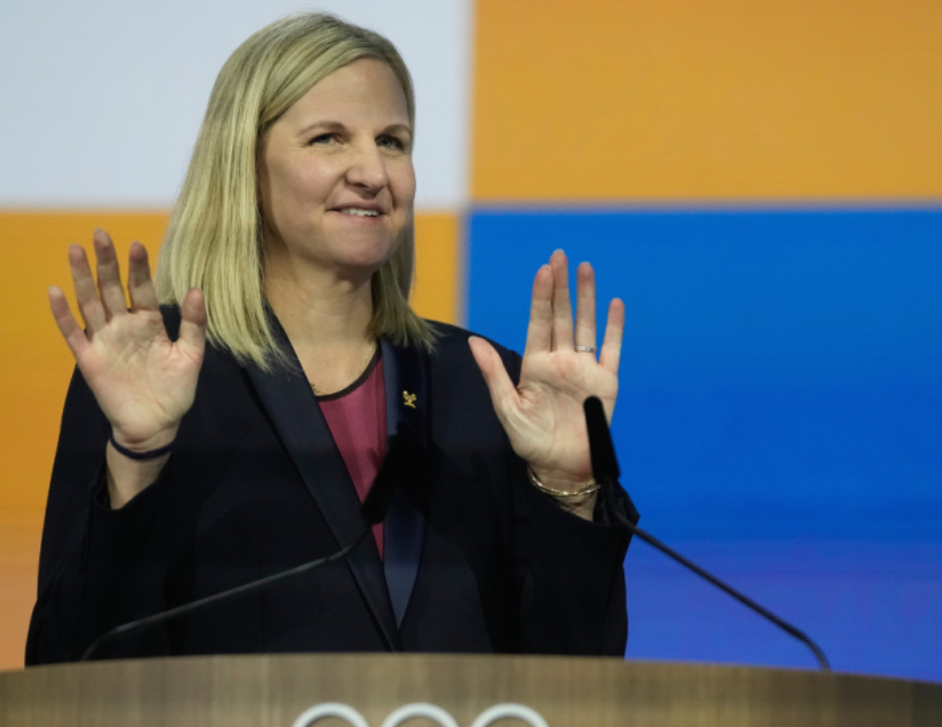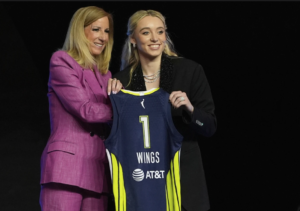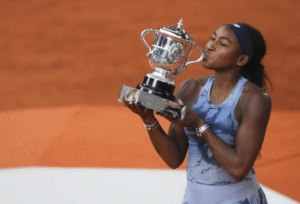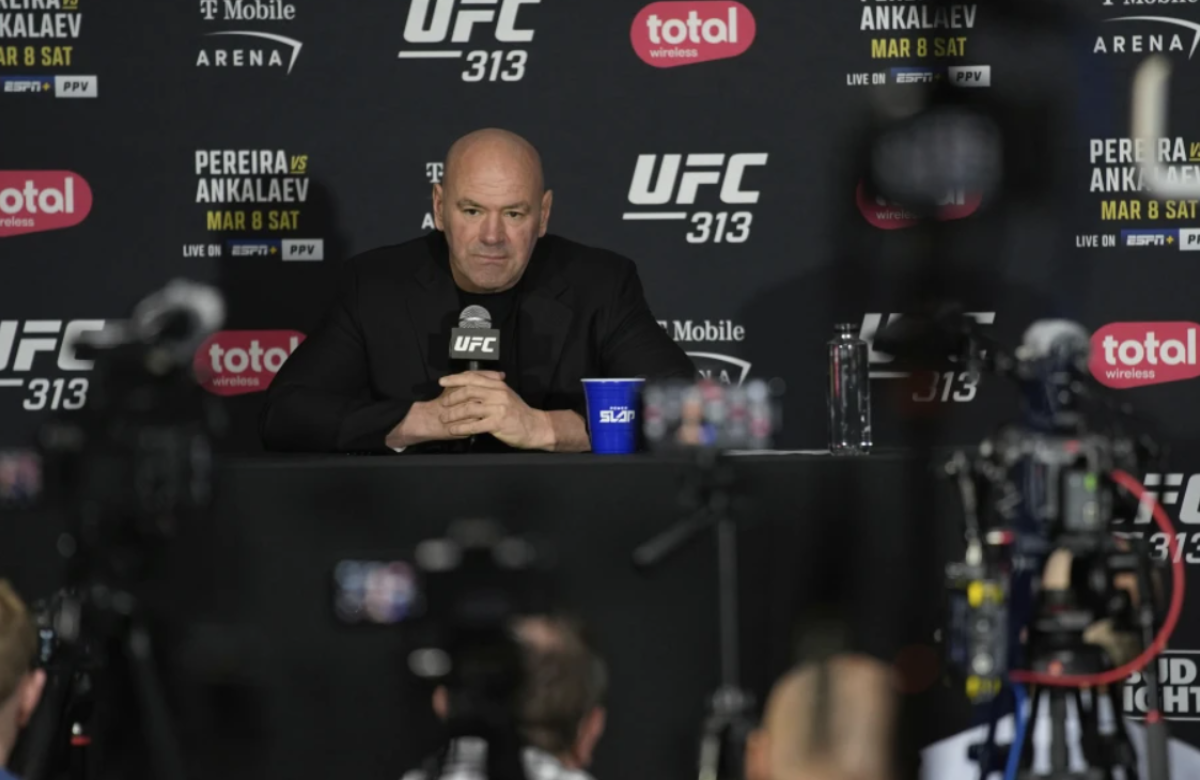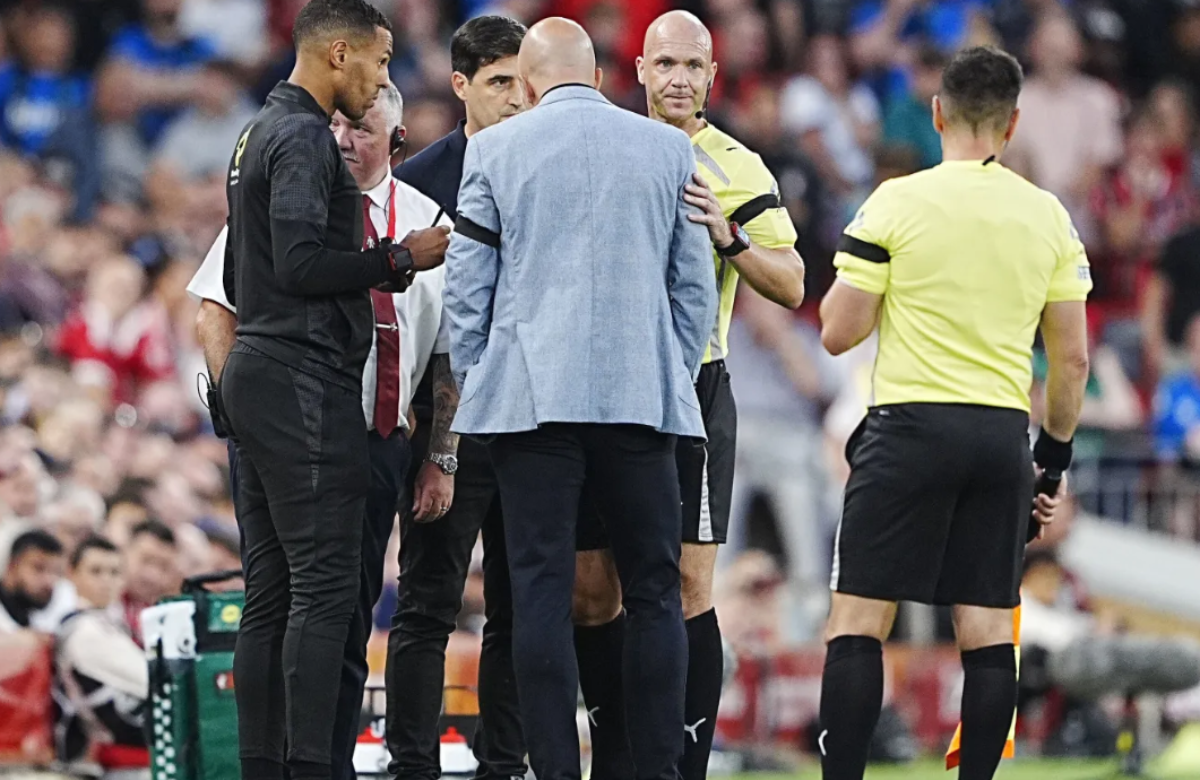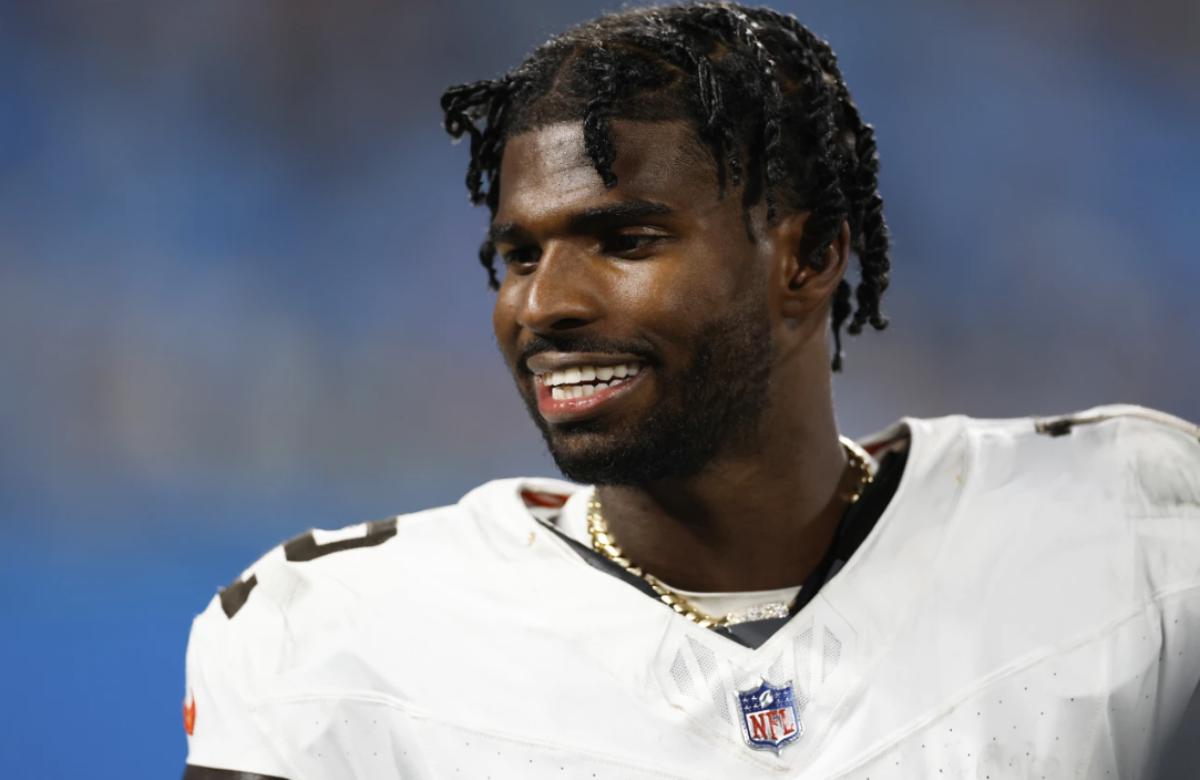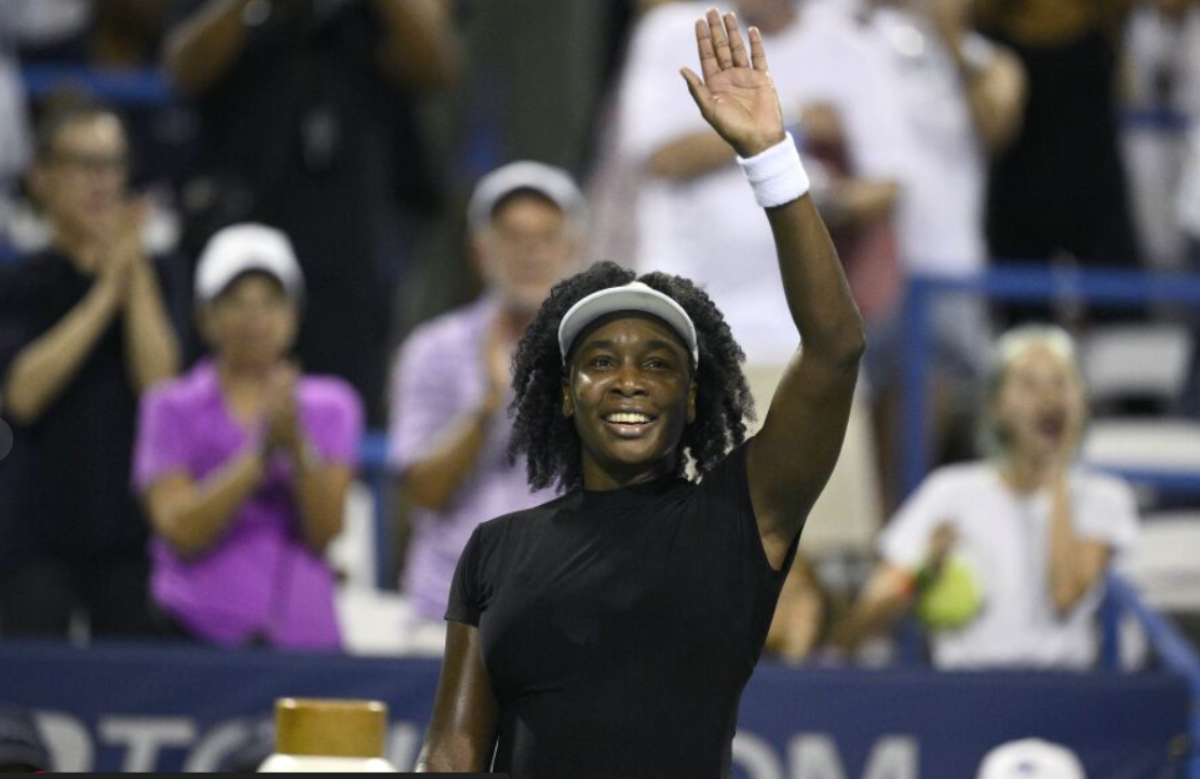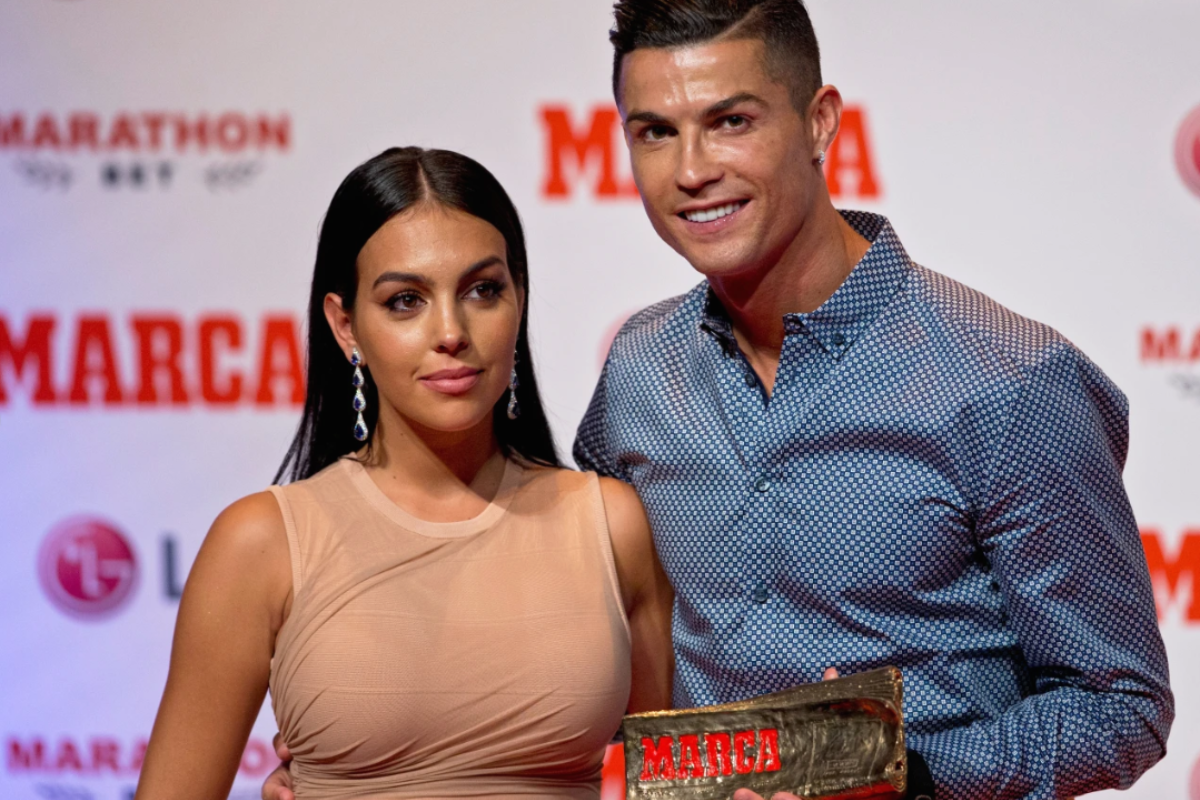Kirsty Coventry made history on Thursday by being elected as the president of the International Olympic Committee, becoming both the first woman and the first African to hold this prestigious position in global sports.
The Zimbabwean sports minister and two-time Olympic gold medalist in swimming described her victory as a symbol of the IOC’s global reach.
In a surprising turn of events, Coventry triumphed in the first round of voting in a closely contested election with seven candidates, securing 49 votes—exactly the majority required from the 97 IOC members.
At 41, she is younger than most of her predecessors, securing an eight-year term that will extend through to 2033.
Her victory marks a significant achievement for the outgoing IOC president, Thomas Bach, who has been a strong supporter of Coventry as his potential successor. Bach chose not to vote in the election.
In her acceptance speech, Coventry expressed her gratitude and commitment, saying, “I will make all of you very, very proud and hopefully instill great confidence in the decision you’ve made. Now, it’s time for us to work together.”
As she walked to the podium, Kirsty Coventry was greeted with congratulations and a kiss on both cheeks from Juan Antonio Samaranch, her anticipated main challenger, who received 28 votes.
Other candidates in the race included four presidents of major sports governing bodies: Sebastian Coe of track and field, Johan Eliasch of skiing, David Lappartient of cycling, and Morinari Watanabe of gymnastics. Prince Feisal al Hussein of Jordan also competed for the position.
Kirsty Coventry will officially take over from her mentor, Thomas Bach, on June 23—coinciding with Olympic Day—becoming the 10th president in the 131-year history of the International Olympic Committee. Bach has served the maximum 12 years in office.
As a 41-year-old Auburn University graduate, Coventry faces several challenges ahead, including navigating political and sports-related issues as the Olympic movement moves toward the 2028 Summer Games in Los Angeles. One of her key tasks will be managing diplomatic relations, including engaging with U.S. President Donald Trump.
Kirsty Coventry’s IOC will also need to select a host for the 2036 Summer Games, with potential candidates including India and the Middle East.
During a five-month campaign with strict rules set by the Bach-led IOC, the strongest contenders appeared to be Coventry—who had recently given birth to her second child—IOC vice president Juan Antonio Samaranch, and Sebastian Coe.
Coventry’s platform focused largely on continuity with Bach’s leadership and offered few new details. In contrast, her rivals presented more specific proposals aimed at benefiting Olympic athletes. Coventry herself was an athlete until 2016, when she competed in the Rio de Janeiro Olympics.
Sebastian Coe’s World Athletics broke an Olympic tradition by awarding $50,000 to gold medalists in track and field at the Paris World Championships last year. Samaranch promised to relax the IOC’s strict commercial rules and give athletes more control over footage of their Olympic performances.
Samaranch’s candidacy sought to continue the legacy of his father, also named Juan Antonio Samaranch, who served as the IOC president from 1980 to 2001.
Sebastian Coe, a two-time Olympic gold medalist in the 1,500 meters, sought to build on his distinguished career. He had led the successful bid for the 2012 London Olympics and spent seven years helping organize the widely praised Games. However, he received just eight votes in the election.
It has been an exceptional week for Thomas Bach, who warmly greeted Kirsty Coventry after her acceptance speech and shared smiles with her.
On Wednesday, Bach received a heartfelt tribute at the start of the IOC’s annual meeting, where he was honored with the title of honorary president for life. He expressed his desire to offer guidance to his successor.
Bach’s hands-on leadership has resulted in a financially secure IOC, which is projected to generate more than $8 billion in revenue by the time of the 2028 Los Angeles Olympics. The IOC also has a solid lineup of future hosts through 2034, including Italy, the United States, France, Australia, and a return to the U.S. for the Winter Games in Salt Lake City.
A key focus of Bach’s presidency has been gender parity. This includes equal athlete quotas for men and women at the 2024 Paris Olympics and a more balanced representation of women within the IOC and its executive board, which now includes seven women out of 15 members, including Coventry.
Kirsty Coventry’s victory on Thursday further strengthens Thomas Bach’s legacy of promoting women in sports.
Coventry, who won consecutive gold medals in the 200-meter backstroke at the 2004 Athens Olympics and the 2008 Beijing Olympics, joined the IOC in 2013. This came nearly a year after a controversial athlete election at the London Olympics, where she secured her place among the four elected athletes following rulings by the Court of Arbitration for Sport that favored her over two rivals.
The next president of the IOC will play a key role in selecting the host for the 2036 Summer Games.
“When it comes to the challenges ahead, there is one focus,” said Samaranch on Wednesday. “We must concentrate on making the Olympic Games successful and relevant. Everything else follows from that success.”
Voters in the IOC, an exclusive group of members, include royalty, former lawmakers and diplomats, business leaders, sports officials, and Olympic athletes, as well as Oscar-winning actress Michelle Yeoh.
The election was decided without further candidate presentations, with the outcome influenced by a network of friendships and alliances, many of which were formed behind the scenes.
